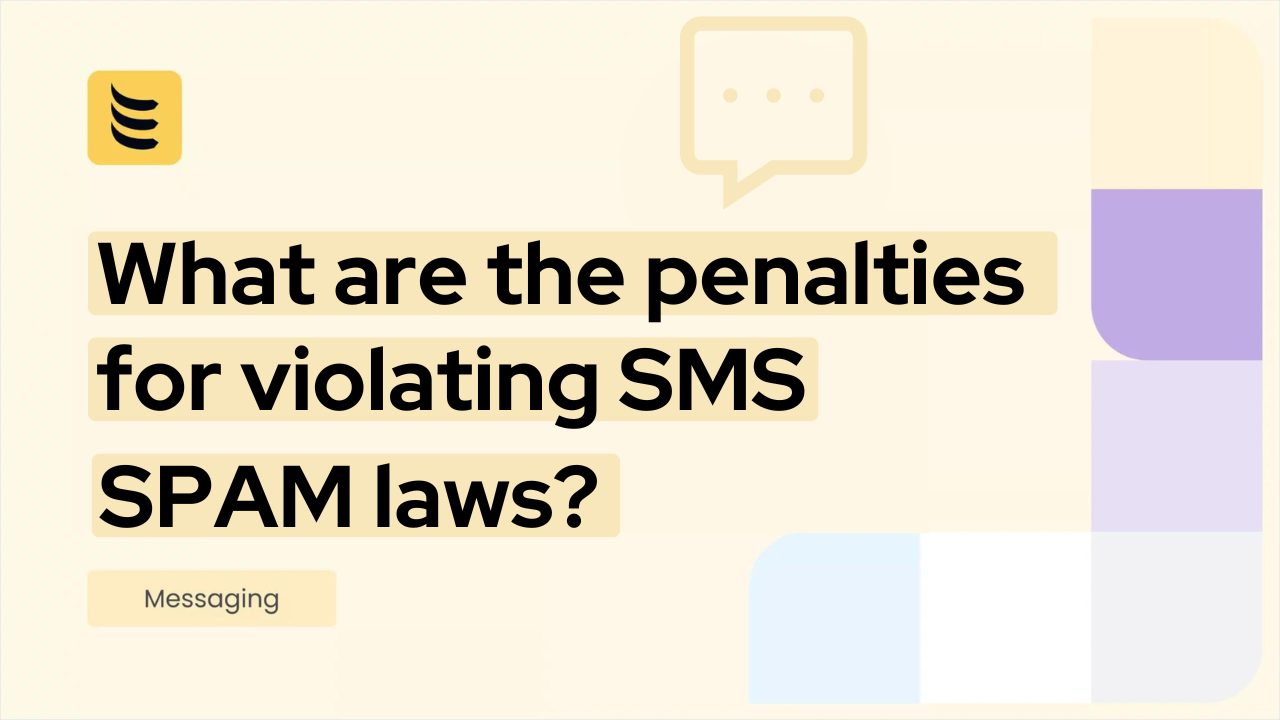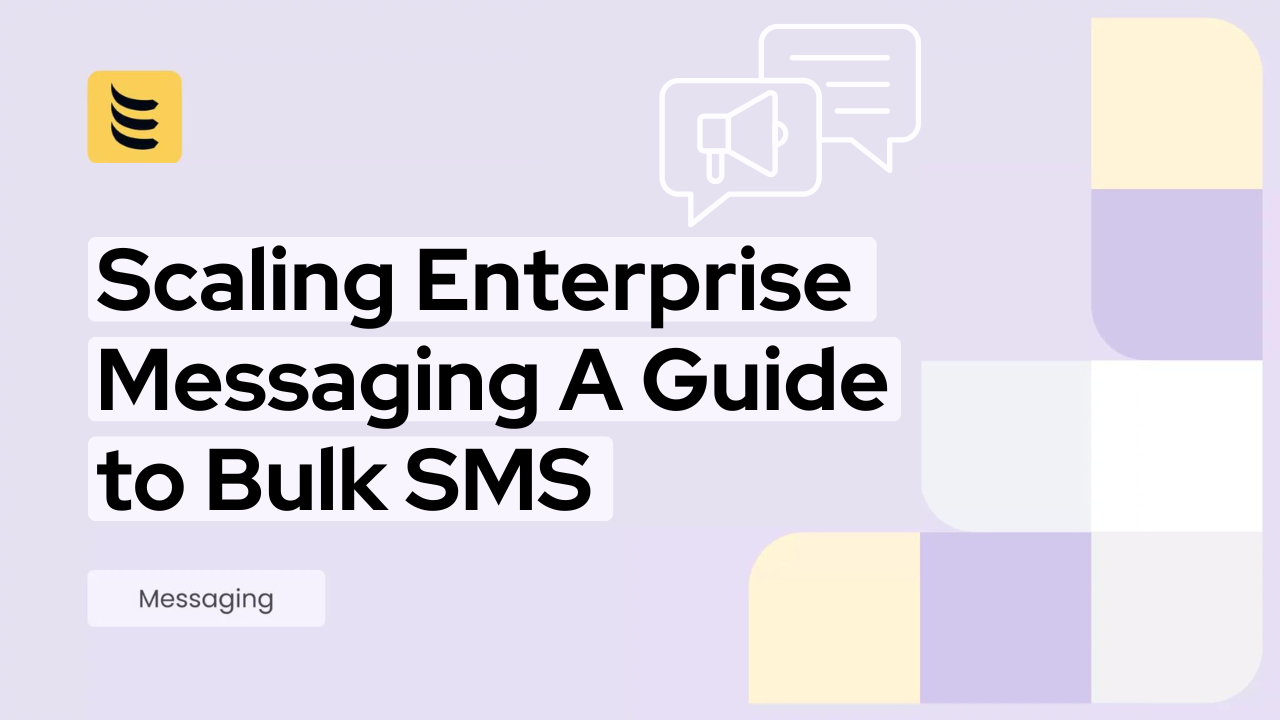With a booming VoIP industry and voice termination services being increasingly in demand, the UK overseeing body, Ofcom, plays an ever important role in its regulation. With individuals and businesses putting their money and trust in providers to ensure quality and reliability in communications, here’s a look at how it’s all regulated to protect the end user.
Mobile call termination at a glance
Mobile call termination (MCT) is a wholesale service that a mobile network operator (MNO) provides in order to connect a call to the recipient, with the customer being the receiver of said call. A mobile termination rate (MTR) is the charge the mobile provider makes to terminate the call made from a fixed line or mobile network. This charge is regulated and made at a pence per-minute rate (PPM).
Why is regulation required for wholesale voice termination?
Ofcom is the overseeing body for communications within the UK, responsible for the regulation of telecoms, mobiles, TV, post, the airwaves for wireless device services, on-demand media and radio. It operates in accordance with various Acts of Parliament, most notably the 2003 Communications Act. Ofcom is tasked with ensuring that business and private consumers get the quality they deserve from their communication providers whilst protecting them from scams. At the same time, the regulator needs to ensure fairness in the market and in service pricing while keeping competition within the industry alive.
When it comes to MCT services, many big name companies are regarded as holding significant market power (SMP), giving them more control and influence in the market. They are allowed to set rates for their call termination services, but to protect customers from ever-increasing prices, the prices need to be capped and the services regulated to ensure customers are getting fair treatment and adequate services for their money.
What have the regulations been until now?
Ofcom ruled in 2004 that while network operators can control their connection costs, regulation to protect consumers and ensure fair pricing was required. Termination charges were set at a limit of 5.63p per minute (ppm) for 2G operators using a 900MHz spectrum band, and 6.31ppm for those using a 1800MHz band, valid until the end of March 2007. In 2006, Ofcom concluded that regulation would also be imposed on calls being terminated by 3G networks.
The March consultation concluded that voice calls to certain networks, namely O2, Vodafone, 3, T-Mobile and Orange, were each deemed to be a separate economic market. MNOs were deemed to have SMP when it came to 2G and 3G call termination. Buyers of wholesale termination services, including BT, were prohibited from exercising their purchasing power to ensure competitive pricing.
Regulation would remain a necessary requirement to protect consumers when it came to terms, conditions and pricing. New proposals arising from this included a reduction of termination charges to 5.3ppm by 2010-2011 for O2, Orange, Vodafone and T-Mobile, and to 6.0ppm for 3. There was also a pledge to review the market for SMS termination in 2007, estimated to take 12 to 18 months and requiring numerous discussions.
In 2007, Ofcom imposed regulatory standards for VoIP services, acknowledging the burgeoning growth in this technology. From June of that year, providers would have to state whether the likes of call itemisation, operator access, directory assistance and directory listings were available. They would also have to state whether customers could retain their telephone number should they switch providers; whether the VoIP service included emergency service access; and dependency upon power supply at the point of origination.
This regulatory framework has been developed and strengthened over time. For example, Ofcom has subsequently ruled that VoIP providers must allow the potentially vital ability for customers to access emergency services through 999 calls.
More recent regulatory reviews
Ofcom reviewed the regulations for wholesale MCT in 2017 in order to gather views for proposals due to come into force between April 2018 and March 2021. Among the proposals, there was a suggestion that among the 80 markets, or providers, each should be allowed to set termination charges to Ofcom allocated mobile numbers in the UK; the likes of WhatsApp, FaceTime and Skype did not fall within this market.
Each provider was deemed to have SMP over the calls within their control, allowing them to price call termination or refuse other providers the option to connect a call to these numbers. As a result, Ofcom proposed to apply two rules to SMP providers. The first was access obligation to provide fair terms and conditions on their network. The second was charge control, to set a limit on the LRIC (long-run incremental cost) of termination.
For 2017-2018, Ofcom ruled that the nominal upper ceiling that the four main MNOs can charge other providers for MCT should not exceed 0.495ppm.




